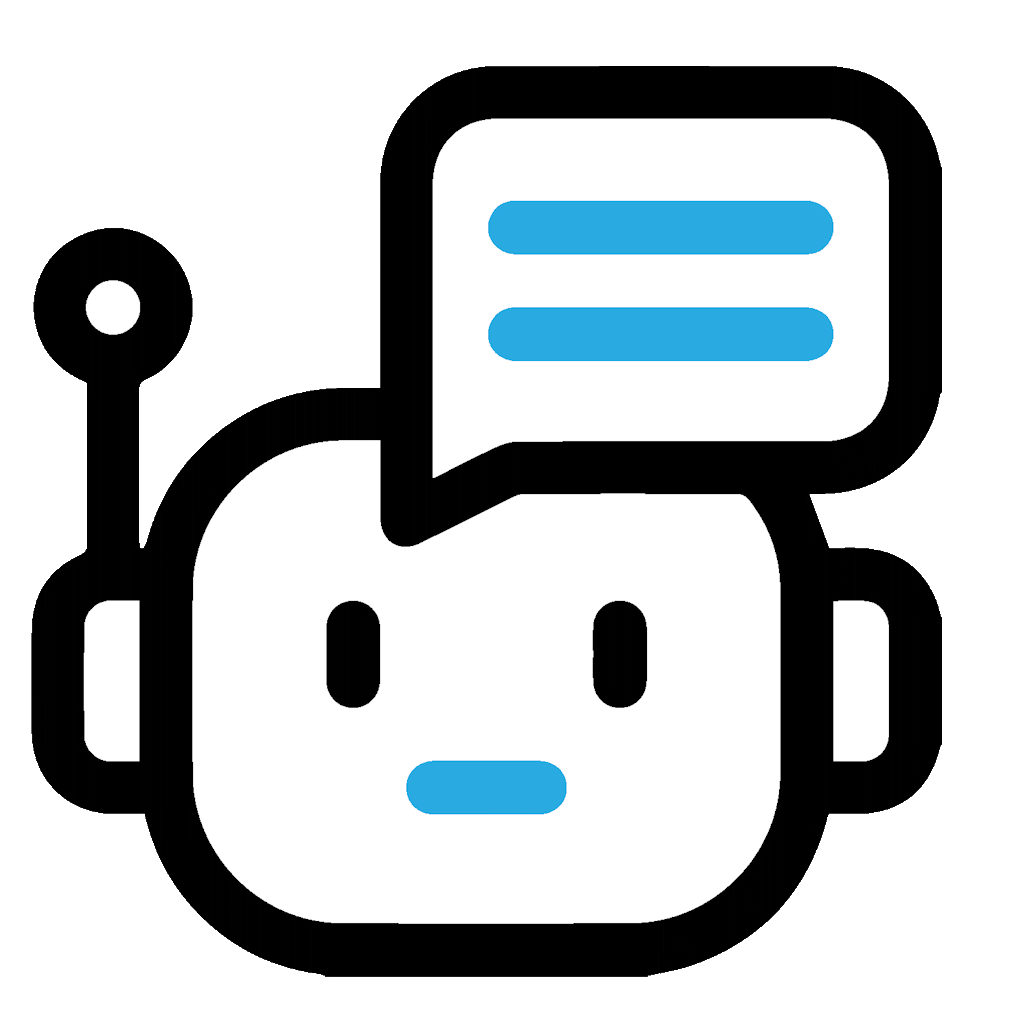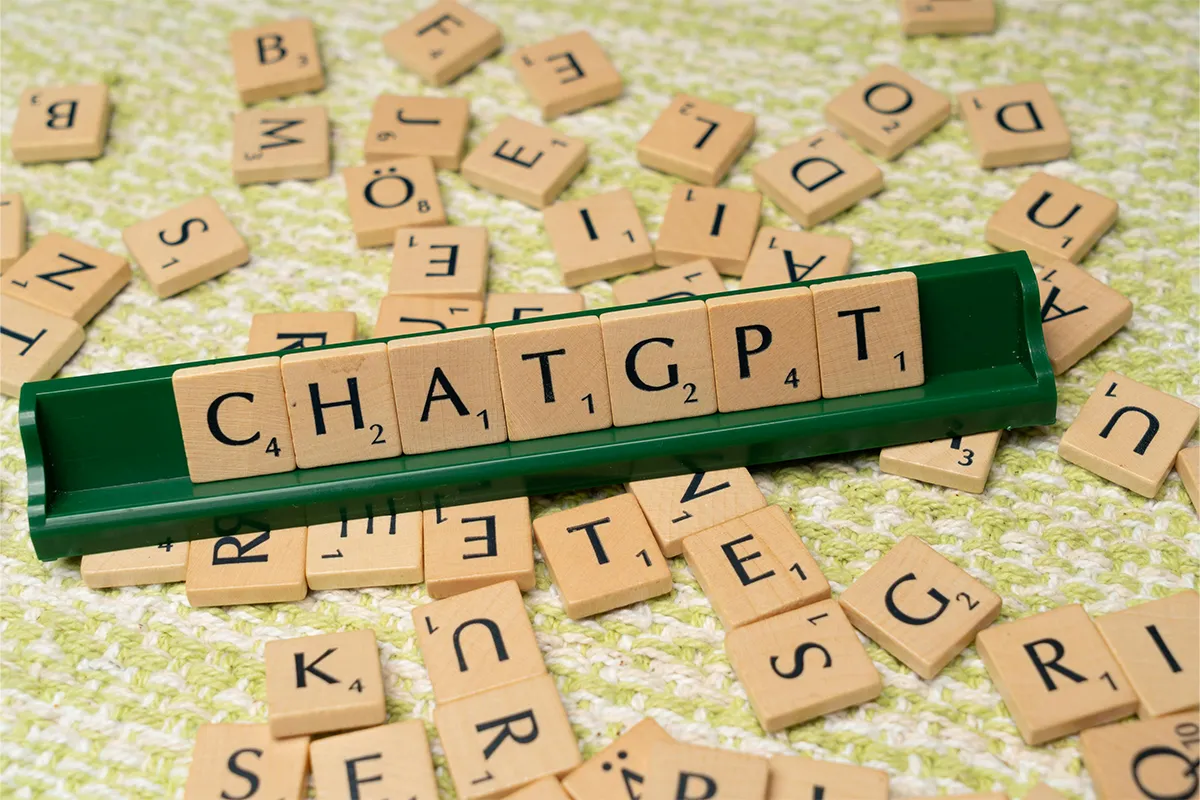ChatGPT has made learning much easier for students in this age of technological advancement. Students get their answers quickly without searching hectically for more information.
AI makes hard topics easier for the students to understand. It provided simple and to the point answer to their question. This makes understanding the information much easier as compared to making traditional search on the internet.
Learning becomes fun when ChatGPT is used for this purpose. This speeds up the process and helps the students in all the fields of education.
Pros of ChatGPT in Education
Since the advent of ChatGPT, the scenario of every industry has changed. It does not have a number of competitors like Google Gemini and other tools out there in the market. The reason behind the advancement and the popularity of AI does not come without reason. Here are a few pros of ChatGPT in education
Accessibility and personalized learning
ChatGPT helps students to reach learning. Students who find learning hard can hear the text. This helps them understand.
It also makes learning fit each student. It helps a lot if they learn by seeing or doing. If a student does not get a hard math problem, ChatGPT can help.
AI can simplify the problem, show examples, or provide special practice. This helps students learn better and welcomes everyone. These helpful tools allow students to write full essays on any of the complex topics and fix the AI-generated text for better scores.
Resources for teachers
Teachers have to make good lessons. ChatGPT helps with lesson plans and making resources to save a lot of time. It offers many ideas, educational things, and new ways to teach. This AI help lets teachers focus on teaching more and do less admin work for a better education.
AI tools are very helpful for grading and giving comments. It grades routine work automatically for fair and same assessments.
It also gives detailed comments to show where students can get better and what they do well. This help lets teachers spend more time talking to students and keep high standards for checking work.
Improved learning experience
Students like to do things, and ChatGPT makes learning better with simulations and role-play. These activities help students really understand their subjects.
Simulations link book learning to real life and make learning fun and important.
It helps students learn by themselves and think better by giving them a place to look up things on their own. It makes students think carefully about their questions and the answers from AI to grow their problem-solving skills.
This independence gets students ready for more learning in the future and makes them love learning forever.
Language and communication skills

ChatGPT changes how we learn languages with chatting that works in real-time. Students can talk straight away to practice words, grammar, and how to say things.
This practice makes learners feel good about talking. ChatGPT gives fast comments so students can fix mistakes quickly, making them learn the language faster. This chat is like real talking, which makes learning to speak fun and works well.
Writing is important for all subjects, and ChatGPT is good at helping with writing and making edits. It helps students think of ideas, put essays together, and make their points better.
The AI tools also help with grammar and style, making student’s writing better and more professional. Students use ChatGPT to make their writing clearer and improve their communication skills.
Cons of ChatGPT in education
History has witnessed that every technology comes with its downsides. Similarly, ChatGPT has several cons. Highlighting these cons and studying them provides a good chance to rectify and overcome them. Here are a few major cons of ChatGPT and its role in education
Risk of over-reliance on AI tools
ChatGPT is good for learning, but students might use it too much. This can stop them from thinking on their own.
Students might use ChatGPT for quick answers instead of studying hard. They may not understand important things well. This could make their learning worse.
Challenges to collaborative learning
Learning is better when students work together. ChatGPT could make this teamwork less common. When students use AI for help, they do not learn from each other.
Working together helps students to be creative and see different ideas. If they use ChatGPT a lot, they may not work with others enough.
False accuracy and reliability
ChatGPT can make learning better. But it might give wrong information. Its training can have mistakes or biases. It may give answers that are not true or fair.
This is worse when students need the right information for learning. Educators must always check the information that ChatGPT gives. The AI does not check its own information like textbooks do.
Teachers who are already busy may find it hard to watch over ChatGPT all the time. It is good, but without correct and fair data, it can be risky.
Data privacy and security concerns
Concerns about keeping data private and safe are important when using ChatGPT in schools. When students talk to the AI, they give away private information. We must keep this information safe from people who should not see it.
Teachers and school leaders must think about what is right when they use AI. When they collect and keep student data, it can cause worries about privacy. They need to use strong safety steps and clear rules. They must make sure AI helps students and does not harm their privacy.
Addressing equity and access
Some students have better access to technology than others. ChatGPT can make this problem worse. Students who do not have much technology may find it hard to learn well.
Also, some students and teachers may not know how to use new technology. This can make them feel upset and left out. ChatGPT should help, but not if it makes these problems bigger.
Worsening human connection
A big worry about using ChatGPT in school is that students and teachers will talk to each other less. Learning about feelings and how to get along with people is better when we talk and learn together.
Student and teacher bonds get weak when they use AI too much. We must remember how important empathy and understanding are in face-to-face meetings.
Weakening teacher-student bond
ChatGPT may hurt how teachers and students get along. These relationships are very important for students to grow in school and life. We must think about the trust and friendship that comes from talking a lot.
If AI begins to do teacher jobs like giving comments and solving doubts, the strong teacher-student bond might get weak. Trusting AI too much can cut down the chances for teachers to give students personal help and advice.
The future of AI in education
The future looks good for AI tech to get better. New changes might make ChatGPT work better, be more trustworthy, and think about what is right or wrong. If this happens, it will fix the problems people have now. AI is going to change a lot and become a big part of how we learn in school.
We can guess that schools will use AI differently soon. People might see a new way of teaching where computers help but do not take the place of real teachers.
This new way will use AI to help students learn in their own way, but teachers still matter. If we use this mix, learning at school will get better for everyone.
Conclusion
ChatGPT gives a good view of future education. It can make learning easy for more people, change the learning to fit each student, and help people get better skills.
But we must be careful. If we use ChatGPT too much, it might stop people from thinking on their own. Teachers need to check their work all the time because it can make mistakes. We have to think about keeping information safe, being fair in who can use it, and not talking less to other people.
We should use ChatGPT to help teachers, not replace them. This can make learning better for students. If we mix AI and normal teaching well, we can learn in new ways.
This helps young people get ready for a world with lots of technology. We must watch for bad things that could happen and keep talking to each other a lot.

